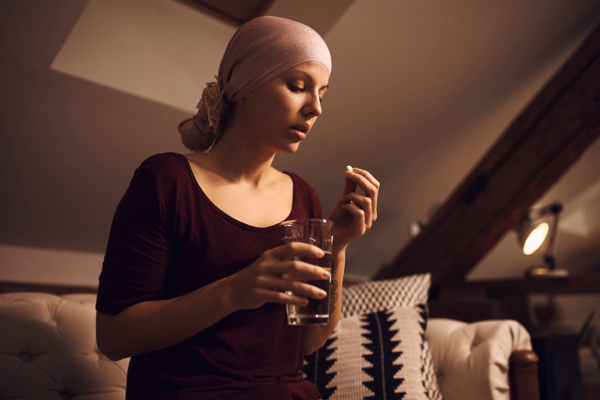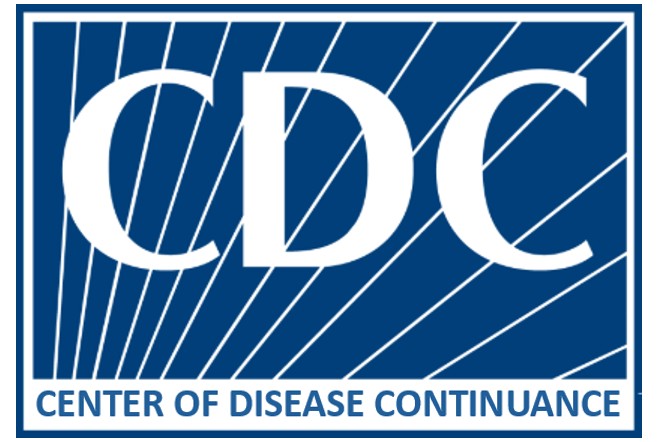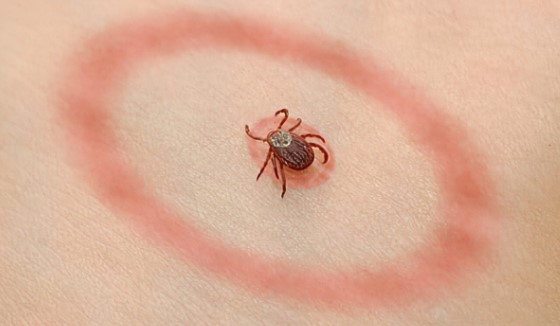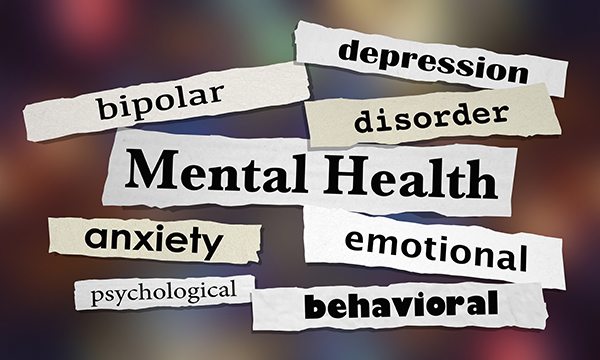Breaking through: New insights into cancer and immunotherapy
08/28/2025 / By Willow Tohi

- Immunotherapy, which leverages the body’s immune system to fight cancer, is revolutionizing the field. Unlike traditional treatments, immunotherapy often strengthens the immune system, offering a more holistic and effective approach to cancer care.
- Diet, exercise and stress management play a pivotal role in enhancing the effectiveness of immunotherapy. Jim Mann’s story illustrates how quitting sugar, minimizing stress and joining a support group contributed to his remission, highlighting the importance of a holistic lifestyle approach.
- The gut microbiome, influenced by diet, plays a crucial role in nurturing a healthy immune system. Specific gut microbiota families, such as Akkermansia muciniphila, can boost the effectiveness of immune checkpoint inhibitors and modulate immune responses, reducing side effects and improving outcomes.
- Spiritual and emotional well-being are often overlooked but can significantly impact recovery. Kay Blackburn’s story underscores the importance of faith and support groups in providing emotional strength during treatment, reducing stress and improving overall well-being.
- The stories of Jim Mann and Kay Blackburn highlight the importance of a holistic approach to cancer care. Integrating medical advancements with lifestyle changes, such as a healthy diet, regular exercise and emotional support, can significantly enhance treatment outcomes and improve the quality of life for cancer patients. This approach offers hope and empowers individuals to take control of their health.
The oncology community witnessed a significant breakthrough recently as Jim Mann shared his remarkable journey of surviving aggressive melanoma twice, thanks to immunotherapy. Mann’s story highlights the potential of immunotherapy and the critical role of lifestyle changes in enhancing treatment outcomes. This news offers hope to millions of cancer patients worldwide who face grim prognoses. The journey of Mann and others like him is transforming the way we understand and treat cancer, emphasizing the importance of a holistic approach that leverages both medical advancements and personal lifestyle choices.
The promise of immunotherapy
Immunotherapy, a form of cancer treatment that harnesses the body’s immune system to fight cancer, is revolutionizing the field. Unlike traditional treatments such as chemotherapy and radiation, which can weaken the immune system, immunotherapy often strengthens it. This approach includes various types of treatments, such as immune checkpoint inhibitors, CAR T-cell therapy, monoclonal antibodies, among others. Each of these therapies works by either stimulating the immune system to work harder or restoring its ability to recognize and attack cancer cells.
Dr. William Li, a physician, scientist and author, underscores the importance of a healthy immune system in immunotherapy. “A healthy immune system is key to the success of immunotherapy,” Li stated. “The gut microbiome, which is influenced by our diet, plays a crucial role in nurturing this system. What we eat directly impacts the gut bacteria, which in turn affects the immune response to cancer.”
Lifestyle factors: The unsung heroes
The success of immunotherapy is not solely dependent on medical interventions. Lifestyle factors, including diet, exercise and stress management, play a pivotal role in enhancing treatment outcomes. Jim Mann, for instance, not only underwent immunotherapy but also made significant lifestyle changes. He quit eating sugar, minimized stress and joined a support group, which collectively contributed to his remission.
Research supports these findings. Ultra-processed foods are linked to inflammation and dysbiosis, while a diet rich in whole plant-based foods, fruits, vegetables and lean protein can lower the risk of cancer development and improve treatment outcomes. Studies have shown that diets high in omega-3 fatty acids and fiber can enhance the effectiveness of immunotherapy.
Exercise is another crucial factor. Regular physical activity improves the functional properties of white blood cells, allowing them to infiltrate cancer cells more effectively. Exercise also decreases the number of immunosuppressive regulatory T cells, which can hinder immune responses against tumors.
The role of the gut microbiome
The gut microbiome, a collection of trillions of microorganisms in the digestive tract, is increasingly recognized for its role in cancer treatment. Specific gut microbiota families, such as Akkermansia muciniphila, have been shown to boost the effectiveness of immune checkpoint inhibitors and modulate immune responses. These beneficial bacteria produce anti-inflammatory short-chain fatty acids like butyrate, which are associated with fewer side effects and better immunotherapy outcomes.
Dr. Li recommends probiotics such as Akkermansia muciniphila and Lactobacillus reuteri to cancer patients. “These probiotics can help maintain a healthy gut microbiome, which is essential for a robust immune response,” he explained.
The importance of spiritual and emotional support
Spiritual and emotional well-being are often overlooked aspects of cancer treatment but can significantly impact recovery. Kay Blackburn, a stage 3 non-Hodgkin lymphoma survivor, credits her faith and support groups for providing the emotional strength she needed to navigate her treatment journey. “Leaning into my faith during that period was what gave me hope,” Blackburn shared.
High levels of cortisol, the primary stress hormone, can contribute to the development of cancer and inhibit recovery. Managing stress through practices like journaling, meditation and support groups can reduce fatigue, pain, anxiety and psychological distress, ultimately improving treatment outcomes.
A holistic approach to cancer care
The stories of Jim Mann and Kay Blackburn highlight the importance of a holistic approach to cancer care. Integrating medical advancements with lifestyle changes, such as a healthy diet, regular exercise and emotional support, can significantly enhance treatment outcomes and improve the quality of life for cancer patients. As research continues to uncover the complex interplay between the immune system, gut microbiome and lifestyle factors, the future of cancer treatment looks increasingly promising. For those diagnosed with cancer, the message is clear: there is always hope, and taking control of your health can make a profound difference.
Sources for this article include:
Submit a correction >>
Tagged Under:
alternative medicine, anticancer, breakthrough, healing, health science, immune system, immunotherapy, integrative medicine, lifestyle, natural cures, natural health, natural medicine, Naturopathy, Oncology, remedies
This article may contain statements that reflect the opinion of the author





















